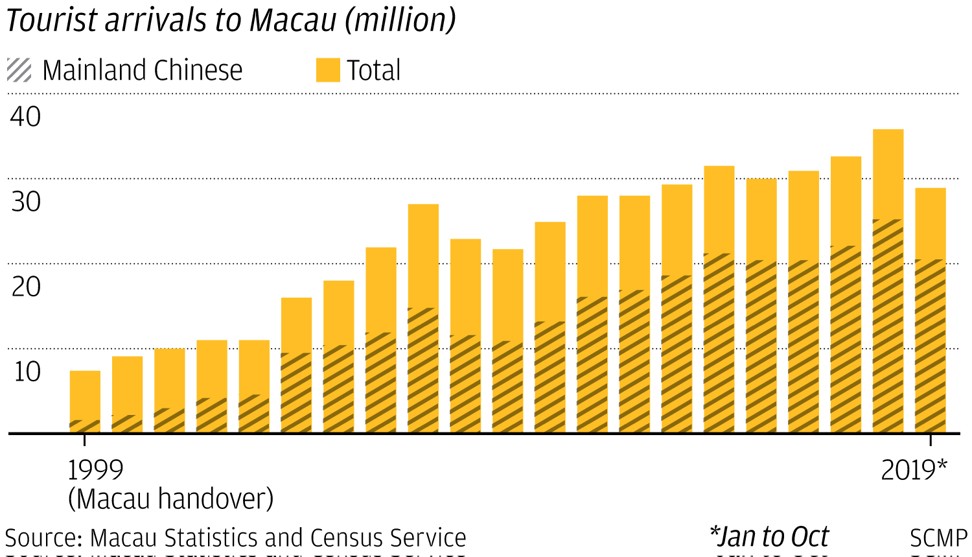
20 years after handover: can Beijing’s golden child Macau grow up to be more than the world’s casino capital?
- Ex-Portuguese colony held up by Beijing for successful integration with mainland
- Mainlanders outnumber Macau-born residents as city aims to diversify economy
Macau-born graphic designer Cheang Chi-wai remembers starting secondary school after the Portuguese colony was returned to China on December 20, 1999.
The 31-year-old was taught the Chinese national anthem, attended regular flag-raising ceremonies, and was reminded constantly that he was Chinese and had to learn to love the motherland.
“Before the handover, I had absolutely no sense of my identity,” Cheang said.
Mainland officials say they detained missing Hong Kong man for smuggling
The Portuguese were in control of Macau since 1557, but acted mainly as administrators in the decades before the city’s return to China. Their colonial rule had been weakened significantly by a communist-fomented riot in December 1966, which left real political power largely in the hands of pro-Beijing business leaders and trade unions.
When Chinese President Xi Jinping arrives in Macau this week for celebrations to mark 20 years since the handover, he is expected to announce new policies aimed at diversifying the city’s economy.
These include measures to further integrate Macau with mainland cities in the Greater Bay Area, Beijing’s massive plan to connect Hong Kong, Macau and nine cities in Guangdong province into an economic powerhouse.
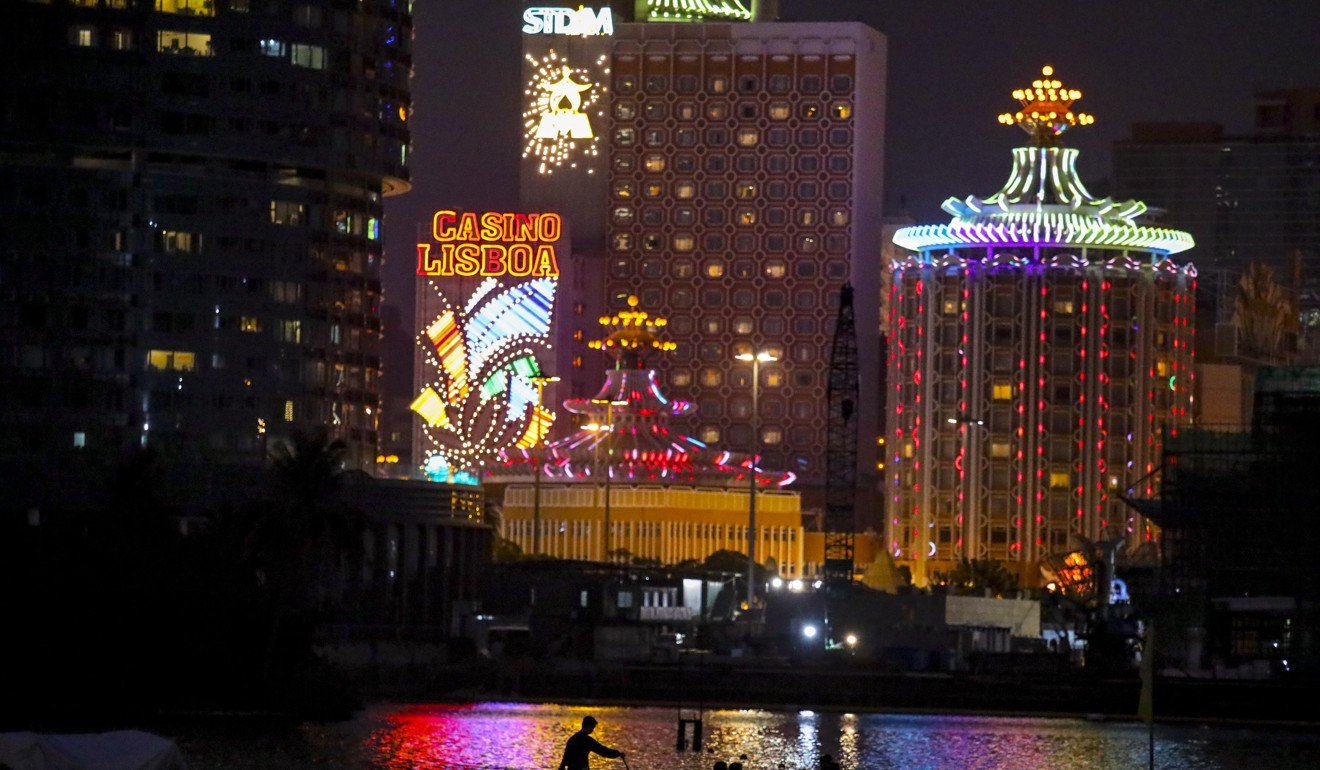
Analysts say this will be Macau’s reward for successfully implementing the “one country, two systems” principle as Beijing has wanted since its handover, two years after the British returned Hong Kong to China.
Unlike Hong Kong, rocked by anti-government protests for more than six months this year, Macau has embraced integration and experienced little pro-democracy unrest or anti-mainland sentiment.
Beijing officials may wish Hong Kong could be more like Macau, but analysts say that will be hard to achieve, given their very different colonial pasts.
20th anniversary of Macau handover
The Portuguese left no legacy resembling anything like Hong Kong’s strong foundation in its legal system, education, rule of law and other aspects of administration established by the British.
“Macau was very different from what Hong Kong was like during British colonial rule,” said Macau lawmaker Au Kam-san. “British governance was better, and the people of Hong Kong were proud of the city the British left behind.
“The people of Macau long felt that Portuguese governance was bad. The economy was bad and the city was not safe. They looked forward to the handover and really welcomed the People’s Liberation Army entering the city.”
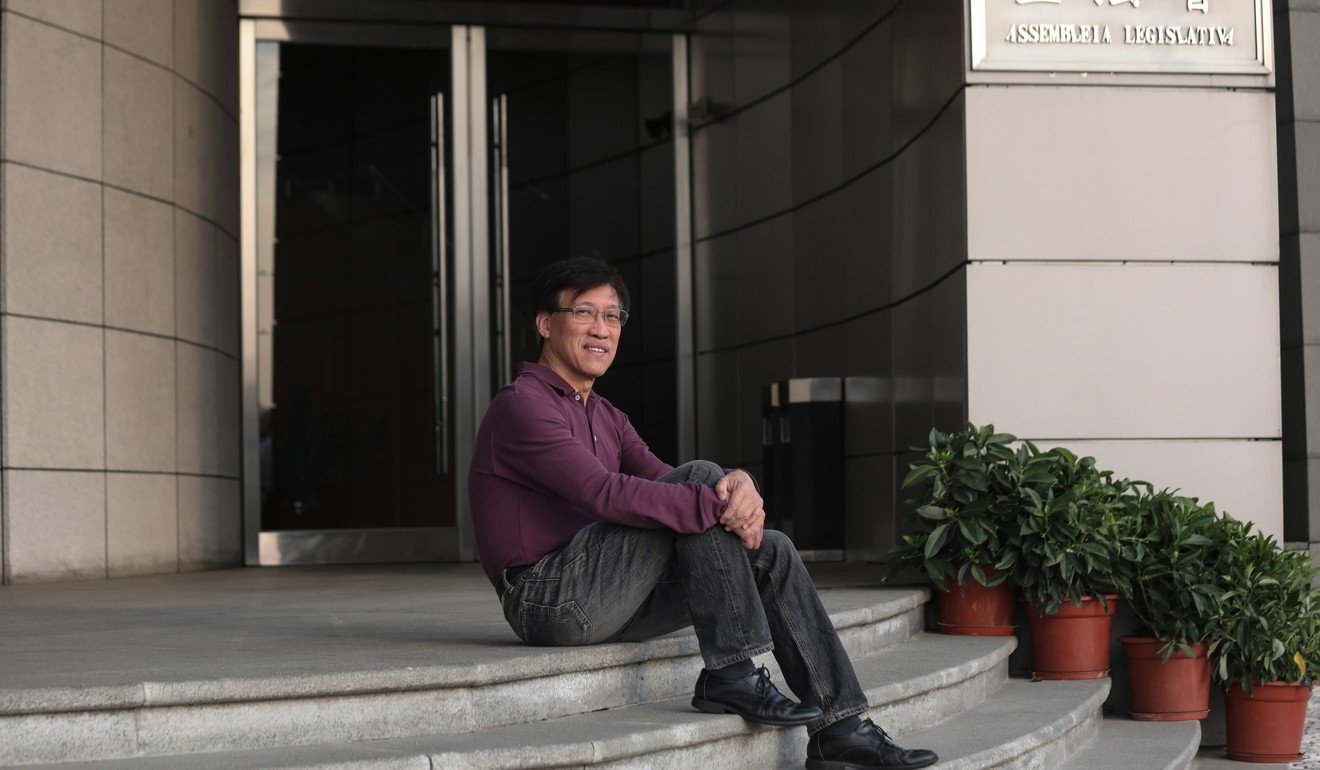
Since its handover, Macau has had an overwhelmingly pro-establishment legislature and elected pro-Beijing chief executives with neither the controversy nor political fireworks that occurs each time Hong Kong chooses a leader.
Macau passed a national security bill in 2009 without large-scale protests. When the Hong Kong government tried to do the same in 2003, half a million people took to the streets and the plan was shelved.
Of Macau’s 33 lawmakers, only four are considered pro-democracy, including Au, who has been in office since 2001. The 62-year-old said citizens do not complain much about the status quo.
“The legislature has little scrutiny over the government? It is fine for the citizens,” he said. “They do not care if there will be political progress in the city or who will become the chief executive. That is their mentality.”
Macau’s bad year is not just another blip, as Chinese high-rollers flee
Unlike in Hong Kong where the government must seek funding approval from lawmakers for every public project, the Macau government only needs its annual budget passed once a year, and this has resulted in regular budget overruns.
“Even if the government submits a bill to the legislature that only has a cover and all the pages are blank, it will still be passed,” Au said with a laugh.
Kou Hoi-in, president of Macau’s Legislative Assembly, told the state-run People’s Daily last week that the city’s officials view the legislature not as an opponent, but a helper.
“The legislature respects the chief executive-led political system, to prevent Macau from walking on the path of what the West calls ‘parliamentary supremacy’,” the 66-year-old said, adding the legislature would not seek to expand its powers.
Mainlanders dominate in casino capital
As the world’s most successful casino capital, Macau’s economy is heavily reliant on gaming revenue. With so much in its coffers, the government started annual handouts to residents from 2008. Last year, with about 80 per cent of revenue from gaming tax, every permanent resident regardless of age received 9,000 patacas (HK$9,000), and every non-permanent resident received 5,400 patacas.
Macau is about 30 sq km or about 36 times smaller than Hong Kong. The 2016 census recorded a population of 650,000, of whom 43.6 per cent were born in mainland China and outnumbered the 40.7 per cent born in Macau.
Lawmaker José Pereira Coutinho, 62, estimated that there are now only about 20,000 to 30,000 Macanese like him – people of mixed Portuguese and Chinese ancestry.
Many Macanese were civil servants before the handover but were replaced by Chinese-speaking locals because they were not proficient in Chinese, he said.
“They started doing businesses, went to work for foreign companies in Macau, or just emigrated,” he said.
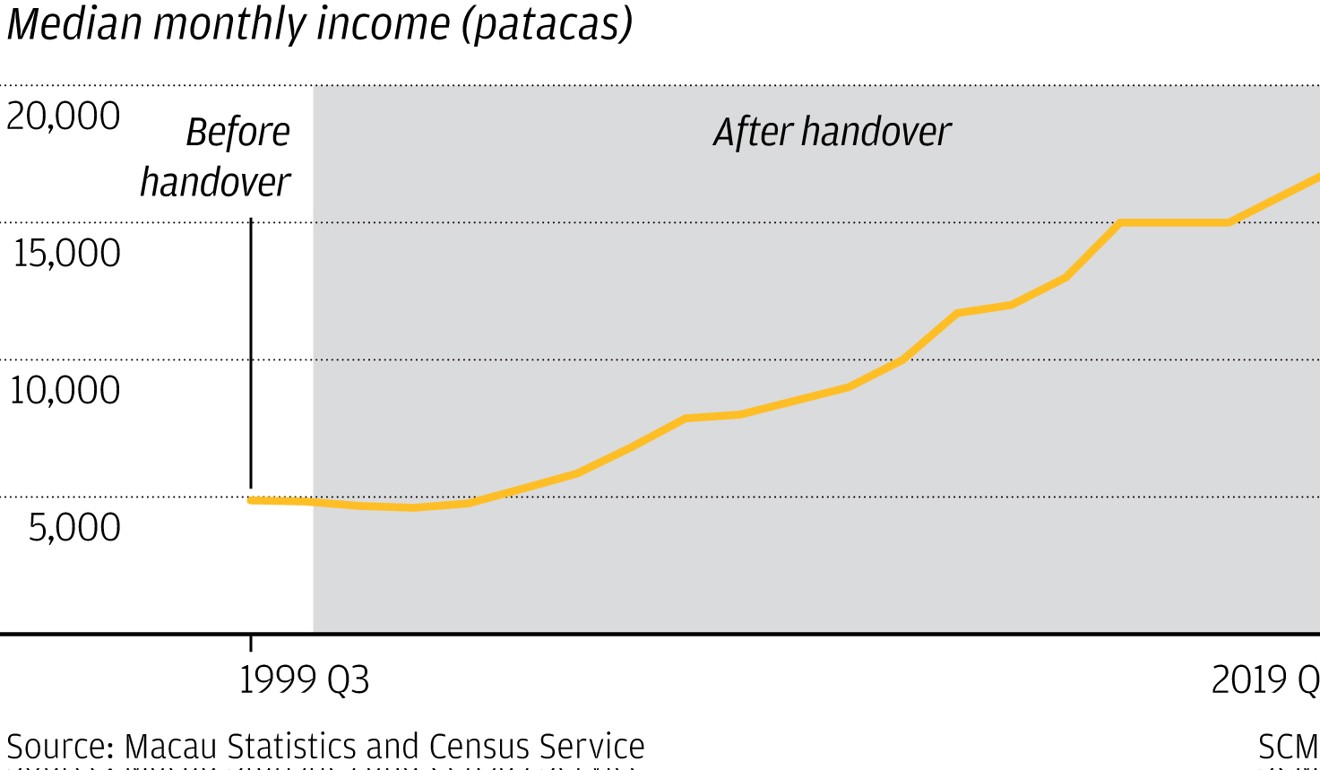
In comparison, the overwhelming majority of Hong Kong’s 7.4 million people were born in the city. Since 1997, about 1 million mainlanders have been admitted to Hong Kong under the one-way permit scheme for family reunions.
Hong Kong-based political commentator Johnny Lau Yui-siu said Macau had only 430,000 people before the handover. Its current population of 670,000 is largely the result of mainlanders who arrived to live and work there over the years.
That influx helped the city integrate with the mainland, but he said a more significant reason was that pro-Beijing groups had already infiltrated all walks of life in Macau after the 1966 riots.
Heads of US business group in Hong Kong denied entry to Macau
While Hong Kong is a bustling metropolis, international finance centre and tourism destination with a major port and airport, the mainstay of Macau’s economy has been its thriving casino scene.
Before 1999, the gaming industry was monopolised by billionaire Stanley Ho Hung-sun. Since the government liberalised the industry in 2001, there are now six casino licenses, all expiring in 2022. The city has about 40 casinos, including big names such as Sands China, Wynn Macau and Galaxy Entertainment, employing about 57,000 people.
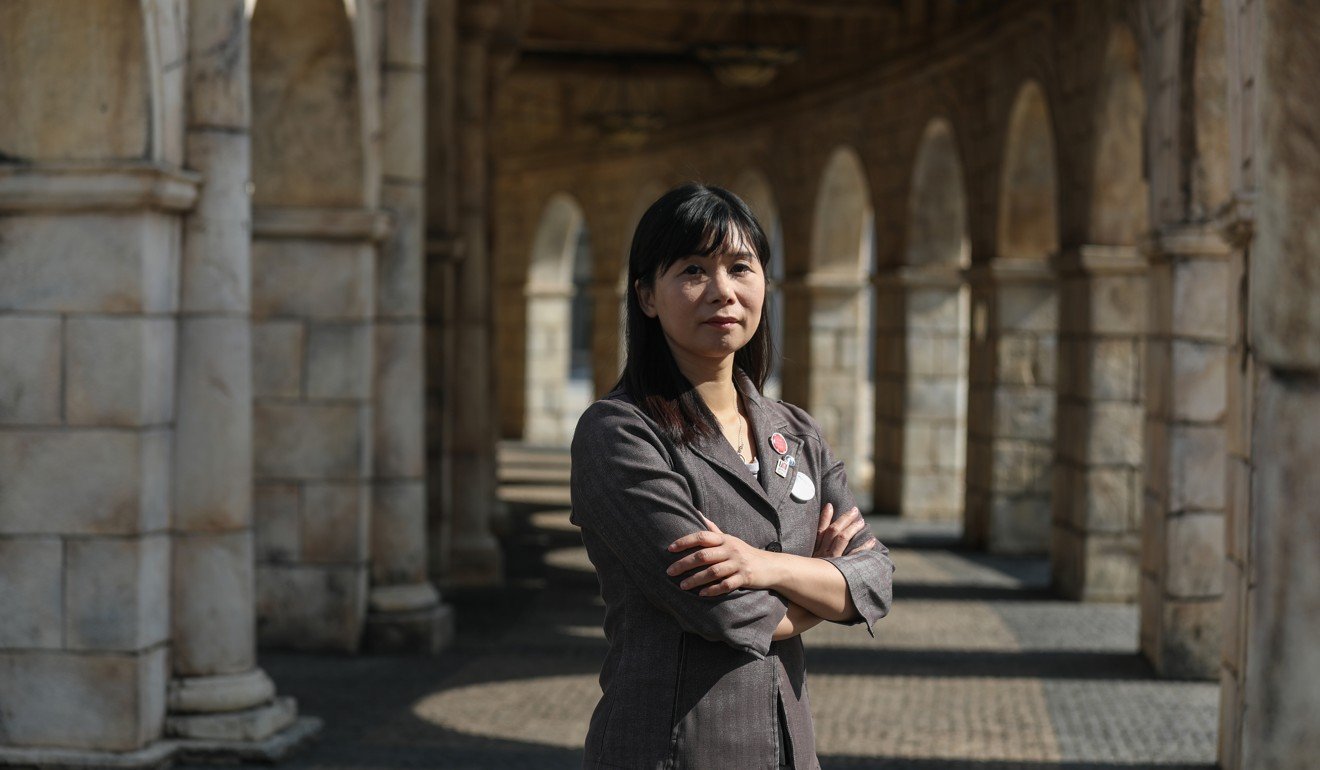
Last year, its gaming revenue reached US$37.6 billion, eclipsing the US$11.9 billion reported by Las Vegas, making Macau the world’s top gambling centre.
Chloee Chao Sao-fong started working as a casino dealer in 1996, and her pay of 12,000 patacas a month was four times what she earned in her previous job as an office assistant.
“In those days, about 90 per cent of the gamblers were from Hong Kong. Now, 90 per cent of the gamblers are from the mainland,” said Chao, chairwoman of the New Macau Gaming Staff Rights Association, representing 500 casino workers.
The casino job enabled the 44-year-old mother of two to buy an 800 sq ft flat 15 years ago for 300,000 patacas. Macau property prices have risen so much that her flat is now valued at 7 million patacas.
Macau visitor arrivals shot up from 2003, when Beijing allowed mainland tourists from some Chinese cities to travel on their own to Macau, instead of joining group tours. Last year, it drew 35.8 million visitors, including 25.2 million mainlanders.
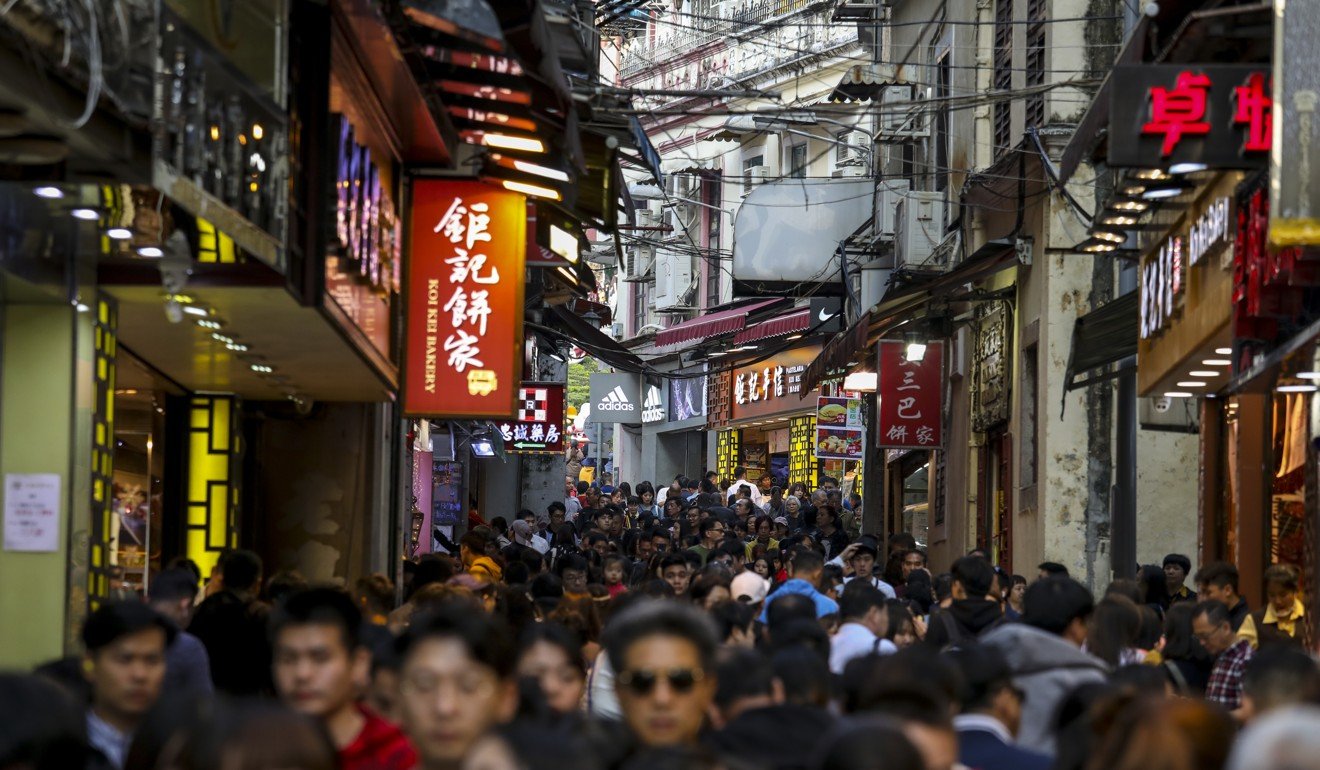
Hong Kong attracted a record 65.1 million visitors last year, including 51 million mainlanders, but tourism has seen a sharp decline since this year’s anti-government protests began in June, with a steep fall in the number of mainlanders.
Macau’s casinos have taken a hit from the unrest in Hong Kong and ongoing US-China trade war, and are expected to face stiffer competition from the region, with new casinos expected in Japan, among other places.
Chao said it was hard to predict if all existing casino licenses would be renewed, as the US-China trade war could add uncertainty to whether US operators remain. There could also be new bidders to help Macau transform itself from a casino hub to a global leisure centre, she added.
Indeed, President Xi has stressed that Macau should become a global leisure centre, while Hong Kong should be an international innovation hub.
Even though some government policies are obviously beneficial to society, pro-democracy lawmakers in Hong Kong will still filibuster for the sake of doing so
Few job choices for young people
Lawmaker Leong Sun-iok, from the pro-establishment Macau Federation of Trade Unions, said the miracle of Macau’s stellar economic growth over the past two decades was a result of Beijing's strong support.
He cited Beijing’s decision to allow individual mainland travellers to visit Macau from 2003 as an example.
“Also, even though gambling is illegal in the mainland, the central government has allowed the gaming industry to develop in Macau over the years,” he said.
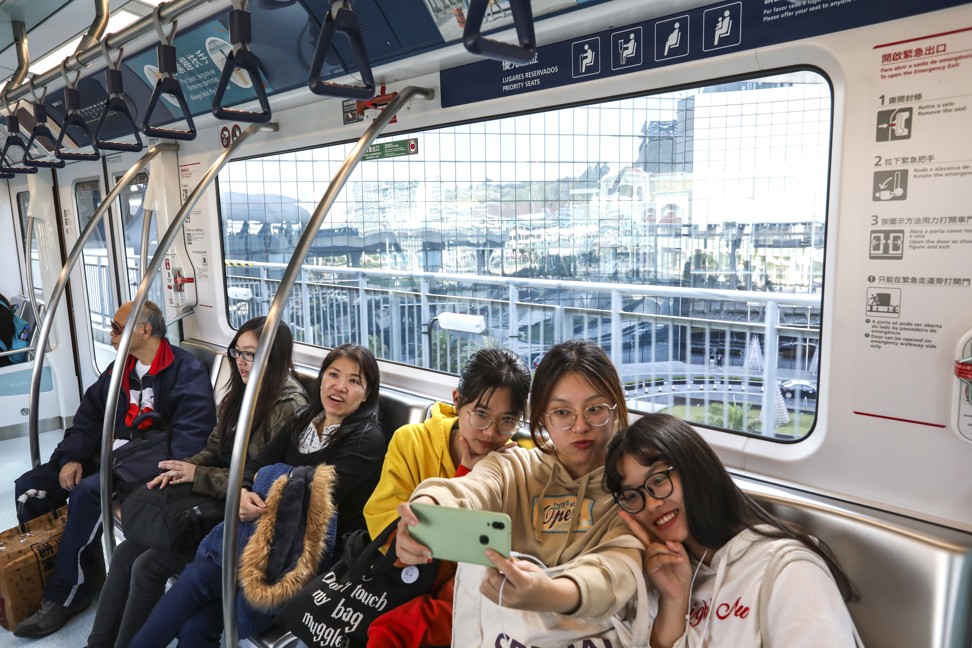
The Greater Bay Area initiative to connect Hong Kong, Macau and nine Guangdong cities into an economic powerhouse has also provided opportunities for young entrepreneurs in Macau to do businesses in the mainland, Leong said.
When it comes to comparisons between Macau and Hong Kong, he said the Legislative Assembly in Macau is more pragmatic than Hong Kong’s.
“Even though some government policies are obviously beneficial to society, pro-democracy lawmakers in Hong Kong will still filibuster for the sake of doing so,” he claimed.
Does Hong Kong’s dollar peg give it the edge over Macau and Shenzhen?
Larry So Man-yum, a Macau-based commentator, said talk of diversifying the economy had been in the air since Ho Hau-wah’s days as Macau’s first chief executive from 1999 to 2009.
“Macau has had a small success in its convention business. But just look at Hengqin, their convention centres are so much bigger and cheaper,” he said, referring to the island in the Guangdong city of Zhuhai just a bridge away from Macau.
Diversifying the economy would be difficult, he said, because Macau has neither the land nor markets for industrial activity, but he believes Macau can still tap into the Greater Bay Area.
It can also work with Zhuhai, So said, by getting people who go to Zhuhai’s convention centres during the day to visit Macau’s casinos at night.
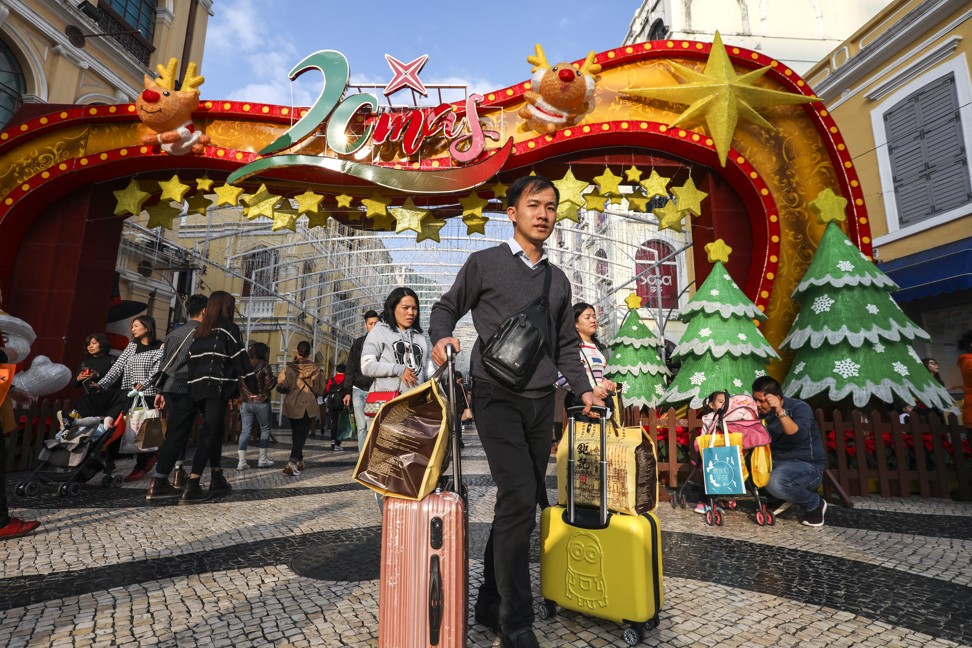
Lau Siu-kai, vice-chairman of The Chinese Association of Hong Kong and Macau Studies, a semi-official think tank, said Macau could ask the central government to let it rent more land in Hengqin for business activities. In 2009, Beijing leased about 1.1 sq km in Hengqin to Macau for 40 years for a new campus of the University of Macau.
Macau’s bad year is not just another blip, as Chinese high-rollers flee
Since the handover, Macau’s gross domestic product has soared from US$6.1 billion in 1999, to US$55 billion last year. Hong Kong saw its GDP rise from US$177 billion in 1997 to about US$360 billion last year.
High property prices are common complaints among residents of both cities, though the situation is worse in Hong Kong. The average per-square-foot price of a flat sold in Macau in October was about HK$9,400. The going rate for a modest flat in Hong Kong is easily 50 per cent more.
One of the biggest protests in Macau since the handover took place in 2014, when 20,000 people demonstrated against a controversial bill proposing generous retirement packages to outgoing chief executives and ministers. The plan was later shelved.
There have been no such protests since then, and nothing on the scale of Hong Kong’s largely youth-driven pro-democracy Occupy protests of 2014, which shut down parts of the city for 79 days, or this year’s ongoing protests.
According to a public opinion survey by the University of Hong Kong, Macau citizens rated the city’s level of prosperity 6.11 on a scale of 1 to 10 in 2001, and this rose to 7.23 last year. But the scores for freedom dropped from 7.01 to 6.69, and for democracy, from 6.37 to 5.52.

Young Macau citizens say many of their friends leave the city for better career opportunities because the city’s economy is so heavily reliant on casinos and there are not many other choices.
On the other hand, mainlanders cross the border into Macau in droves, with many working in Macau by day and returning home to Zhuhai by night. Despite a rule requiring local companies to do their best to hire locals first, shops and restaurants easily hire mainland workers, sometimes for half the pay of a local.
According to official statistics, the median monthly income of Macau citizens rose from about 4,800 patacas in 1999 to about 17,000 patacas earlier this year. Unemployment stands at about 1.8 per cent.
Macau-born Daniel Cheung, 25, left to study at a Hong Kong university and then stayed on.
“Fewer than half my classmates in high school stayed in Macau to study at universities there,” said Cheung, who now works in a Hong Kong non-governmental organisation.
Of those who stayed in Macau, he said, many found the Greater Bay Area initiative attractive because there are not many career choices in Macau other than in the casinos and civil service.
“You can see the high-rises of Zhuhai from Macau, because the two cities are so close. A lot of people aspire to work in Zhuhai,” he said.
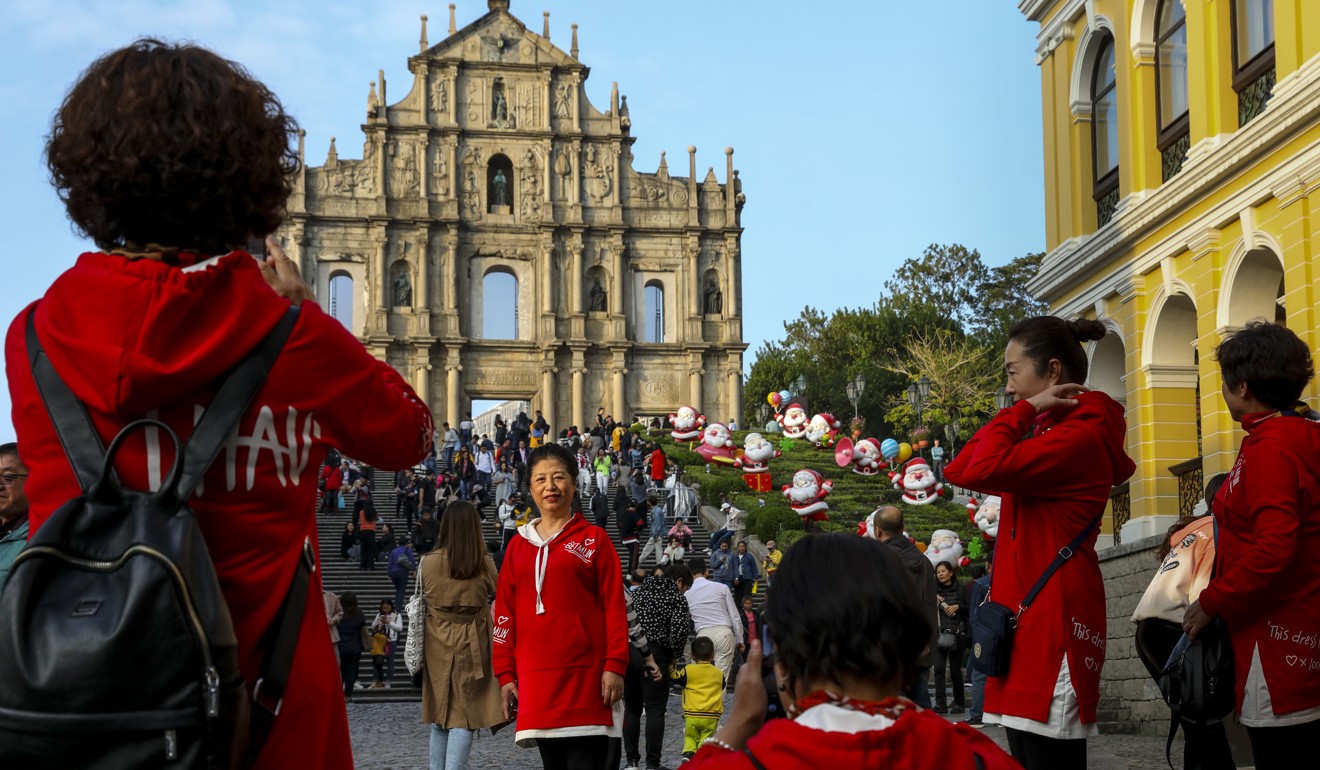
Cheang, the graphic designer, hopes to leave Macau too, put off by the mainlanders who visit and have settled there.
Having been to anti-government protests in Hong Kong many times, he said he envies the way Hongkongers are so united in fighting for common goals.
“I don’t understand why the people in Macau can put up with more than 30 million tourists a year. I haven’t been to the Ruins of St Paul’s for a long time,” he said, referring to the city’s landmark.
Macau citizen Wing Choi worked in the gaming industry for about 10 years until 2013 because it paid well. When the 32-year-old started as a hostess in casino VIP lounges, she received about 15,000 patacas a month.
“I have no interest in gambling,” said Choi, now a housewife married to a Hong Kong man. “A lot of people want to work in casinos because the jobs pay well.”
She added that Macau people have a more relaxed attitude to life than Hong Kong people, adding: “Everyone just feels that even if they protest, their actions are not going to change anything.”


